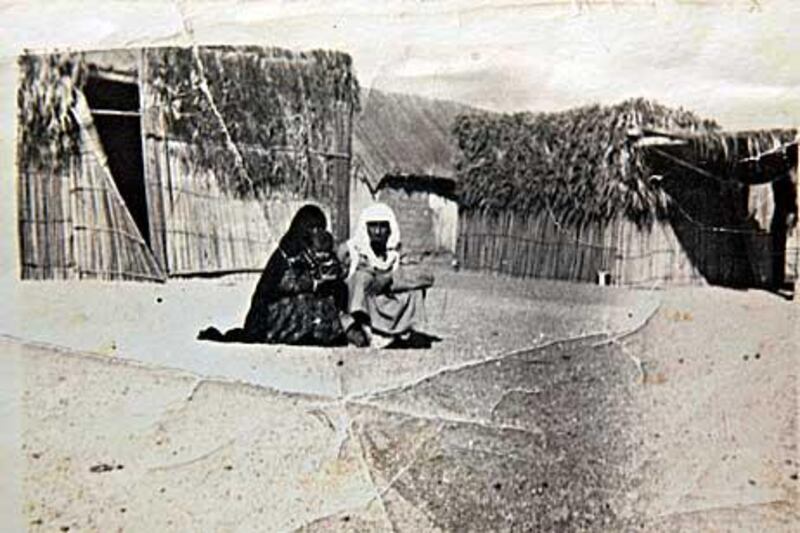Thank you for the wonderfully evocative article about Ramadan in August in 1978. (Times have changed but ideals haven't, July 30.)
It is remarkable to think how much life has changed for people in this country since then.
Nobody can deny the practicality and comfort of refrigeration, private cars and air conditioning. Without those things, many of us expatriates would not be here.
But I was struck by the wistful undertone of loss in the story, the feeling that some of the strong sense of community that existed then has since been lost.
It was very interesting.
Anne McDonald, Abu Dhabi
Abandoning baby a desperate act
Dumping a newborn baby (Abandoned baby girl found in pool cubicle, July 30) is of course a horrible thing to do.
But try for a moment to imagine the distress and panic of the mother, probably young and unmarried, who might fear that her whole life would be destroyed by legal and social repercussions if she acknowledged the child. It's odd that in much of the world abortion is acceptable but abandoning a newborn is not.
Michelle Bertrand, Dubai
Essay explains cost of change
I loved the M magazine essay by Salma Khalifa (How one woman's circle of friends reflects her attitude to her wardrobe, July 30).
The article demonstrates a change in her thought process, as she makes her own choices.
The discomfort she feels is a metaphor with wider meaning for all who are moving in new directions.
Layla Goushey, US
Base currency on gold or silver
I refer to your report Central Bank has no US treasuries on books (July 29).
It is long overdue that world currencies be de-pegged from the US dollar. Basing a country's economic health on the US dollar is a gamble that ought to be avoided.
It would be better to base a currency on a tangible asset like gold or silver.
Joe Burns, Abu Dhabi
Article pointed no fingers of blame
I appreciated the ruminative nature of Joan Oleck's article (Forbidden lessons in a Kabul guesthouse: an education in charity, July 29).
I liked it that there were no sharp edges ripping at people.
Many people are currently parsing the fundamental issues of "doing good" but this article, unlike many, avoided the sand traps of anger, blame, disappointment and bitterness.
Susan Whitmore, US
Personal shopper not the solution
I found a certain irony in the column Personal shoppers keep you in check (July 30).
The writer complains that when she goes shopping at the busiest time of the week, the stores are crowded. And she says the way to save a few dirhams on the weekly food bill is to have a live-in domestic do the shopping. Forgive me if I don't feel overly sympathetic.
Personally, I am among the 66 per cent who enjoy grocery shopping. I agree, however, that having someone shop for you would at least stop impulse buying.
Melanie Robbins, Abu Dhabi
Dh17 for water can't be right
This is a comment on Cafes and shops continue to ignore water price limits (July 29) and all the related letters you've printed lately.
At a recent restaurant meal in a big hotel, we were charged Dh17 for a bottle of Al Ain brand water.
I complained to the restaurant manager who said the price was hotel policy.
I then spoke to the duty manager of the hotel, who seemed unaware of the fact that the hotel was doing anything wrong. He said the price had been officially approved. Surely this can't be right.
Maggie Hannan, Abu Dhabi
People should understand that the price they have to pay for a bottle of water will always reflect the restaurant or shop they're in. For that matter, so do the prices of all the products served in a given place.
A Lipton tea bag, for example, would cost less than 8 fils at wholesale, I believe, and yet people are routinely prepared to pay Dh15 or more for an iced tea in a restaurant, without offering any complaint.
So if you want a cheap bottle of water, go into a place where there is no air conditioning or refrigeration or service staff or seating space.
Any given menu or price list will have some items that seem costly, and others that are bargains.
Marcel de Jong, Dubai





